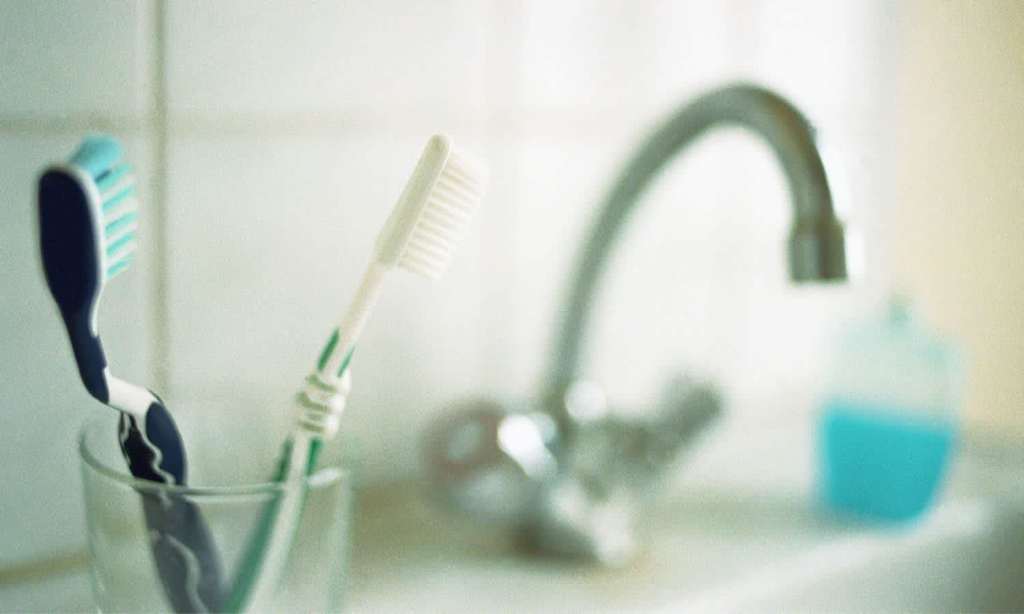DIY teeth whitening kits have been all the rage for a few years now. The ability to bypass your dentist and whiten your own teeth is a pretty alluring prospect but we’re sorry to say, it’s not great for your toothy pegs.
According to Tabitha Acret, clinical educator and dental hygienist at AIRFLOW Dental Spa, the results of these home kits don’t last long either.
“Store purchased home whitening kits don’t actually contain any peroxide (the main ingredient for whitening purposes),” she told TheLatch—.
“Instead, sodium bicarbonate is the hero ingredient, and what this does is remove extrinsic (external) stains only. It won’t actually whiten your teeth, it will simply remove stains for short term results.
“Sodium bicarbonate can be quite abrasive on the enamel if used too often, meaning it can strip the outer layers of your teeth over time. Buying products online means you may be buying bleach that isn’t strong enough to work, or you are buying from illegal sellers and risk chemical burns to the mouth and irreparable damage.”
If you’ve used a DIY teeth whitening kit before, don’t panic! If you didn’t have an adverse reaction you’re probably OK. But, Acret recommends heading to your dentist for a checkup.
“Seek professional advice, as every mouth and tooth is different,” she said. “Professional whitening kits can lighten shades of your teeth but sometimes a professional clean to remove staining can be all that is needed. It’s best to have your gums and teeth assessed for health first before taking any further steps on your own.”
If you are interested in lightening your teeth, this is a conversation best had with your dentist, so give the DIY kit a miss.
“Only dental professionals are licensed to sell whitening products that contain high enough levels of peroxide to achieve long-lasting results,” Acret said. “These products need to be used in a controlled environment, either in the chair or having your dentist provide custom trays to use at home.”
If stains on your teeth are what’s concerning you, make sure to rinse your mouth after drinking certain acidic drinks to avoid further staining.
“If you are an avid coffee drinker or someone who enjoys a glass of red in the evening, ensure you are following each beverage with a glass of water to rinse away the remaining acids in the mouth,” she said.
When it comes to oral hygiene, Acret points to the tried-and-tested routine of brushing your teeth at least twice a day and flossing in between.
“When we do not remove the plaque that has built up over the day, we become more susceptible to gum disease, bleeding gums, discolouration, decay and infection,” she said.
“Secondly, it is important to be booking regular preventative care appointments with your dental professional who can assess and offer guidance on the healthy maintenance of our teeth and gums.
But, take it easy when you are brushing your teeth — you don’t need to scrub them!
“A lot of individuals tend to think the more abrasive a toothbrush is, the better the clean, however, it is the exact opposite,” Acret said.
“This will only cause further damage to the teeth and attract more staining. Stick to your normal fluoride toothpaste, a gentle, soft-bristled brush, and consult your dental professional about what the best options are for you and your oral health.
“Gone are the days of dental phobia, as nationwide the AIRFLOW Dental Spa technology is being introduced. A non-contact cleaning procedure that combines high-pressure water with cleansing powder to remove those incessant stains and bacteria.”







